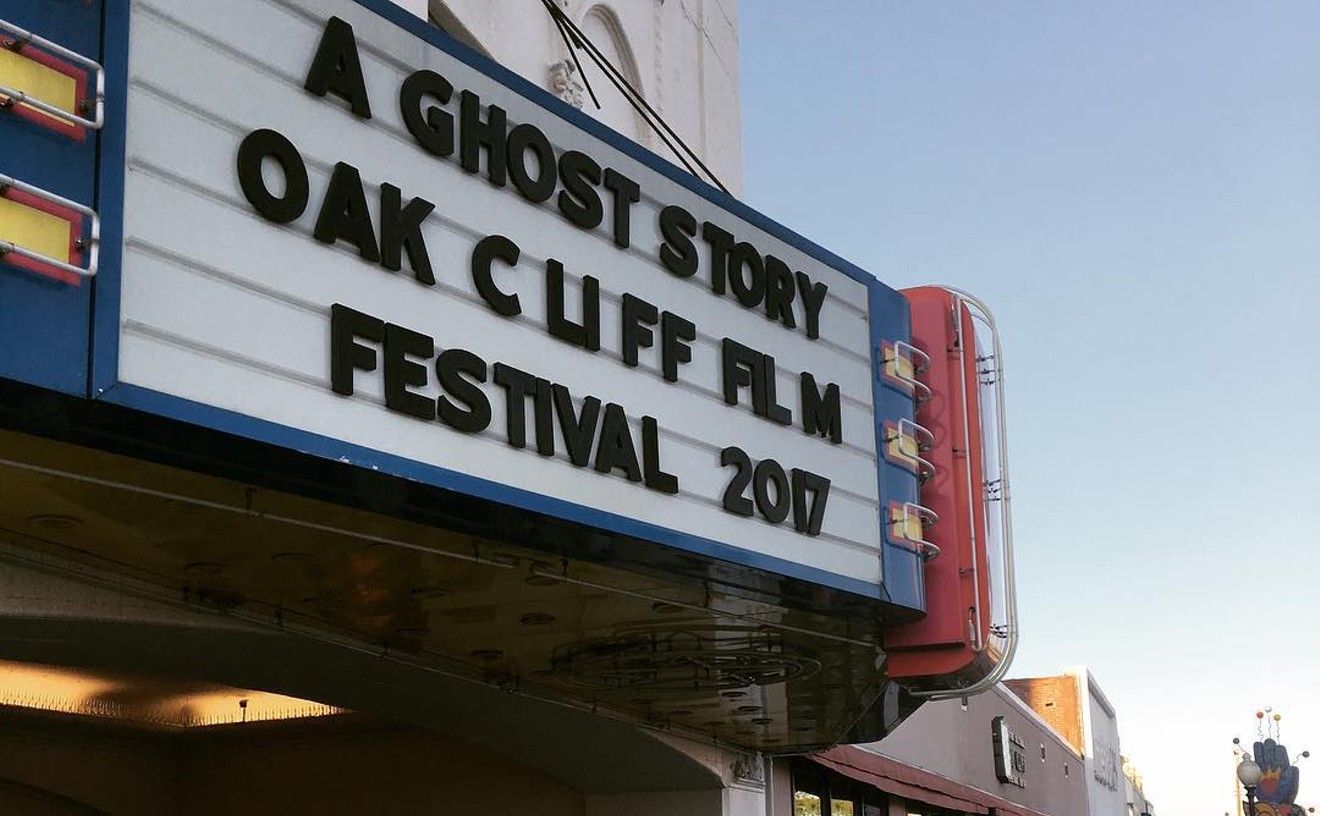Well, you've got this critic's undivided attention and best wishes for success. Actors Stock Company had me twitching in my collar with eagerness to see their production of Abelard and Heloise, Ronald Millar's 1970 study of a pair of real-life lovers. Their tragic separation in twelfth-century France pretty much sums up the dichotomy between body and soul, mind and heart that characterizes the life sentence handed to animals who possess an imagination that can conceive God, yet never fuse whole with said deity.
The opening-night performance of Abelard and Heloise went smoothly enough, but there was a crucial element lacking. The sizable cast (a dozen actors and 19 roles) sometimes seemed to be scurrying around without much purpose. At first I suspected this was the natural consequence of desexing Ronald Millar's original overheated script, written for Diana Rigg with a Peter Brooksian emphasis on kinky tableaux appropriate to London at the close of the '60s. Director Keith Oncale has toned down the desperate eroticism, but kept things reasonably carnal with a hot love scene between the title lovers (interrupted by Heloise's uncle, no less), and the occasional flash of male nudity.
But there's more to the scattered pace of Abelard and Heloise than Oncale's attempts to turn down the heat. It occurred to me that Millar has provided Actors Stock Company with a romance bereft of scintillating detail, or of any clear, sympathetic hook for audiences. In return, director Oncale is unable--as perhaps any director tackling this play would be--to provide us with a clear outline of the whys and wherefores. We may root for Abelard and Heloise because they're challenging a behemoth called the Roman Catholic Church, but our cheers are hollow, because their passion for one another is so vaguely conveyed.
Peter Abelard (David Stroh) is sort of like a medieval Timothy Leary without the hallucinogens. Abelard is idolized by the students he encounters at the Cathedral of Notre Dame in Paris, mostly for the whiff of danger that surrounds his teachings. He's a philosophy instructor renowned across Europe and is already following a dangerous path because of the rationalist approach he takes to profound moral issues. This is another area underexplored by Millar--how Abelard's staunch encouragement of independent thinking has already set him up for public disgrace by disapproving church elders.
His moral commitment to the life of a sanctioned educator--which means he lives the life of a priest, but hasn't been ordained--extends to the vow of chastity he's taken. The church elders love this earthly sacrifice, but then, like the rest of the twelfth-century Catholic Church, they're chastity snobs--they consider any indulgences of the flesh, including those sanctioned by marriage, to be a weakness of character.
Dear, chaste, 37-year-old Abelard is enlisted as a private tutor by the vindictive church canon Fulbert (Christopher Carlos) for his 17-year-old niece Heloise (Laurel Hoitsma), who already knows more than some people think a young woman should know. Heloise is moody and impetuous, but knows what she wants, and more importantly, what she doesn't want--to assume the veil and become a bride of Christ. Even the cantankerous, wine-drinking Abbess (Deborah Kirby) of the convent where Heloise was educated accepts that this opinionated young woman is unfit for a cloistered life.
Abelard and Heloise ambushes the audience with unconvincing sexual grapplings between the star-crossed lovers. They're sold to us as characters on the strength of their unusual intelligence, and suddenly they're rutting like rabid squirrels. The deeply cerebral Abelard finds himself in a position most foreign to our time of conservative cultural rhetoric--if he wants to maintain his academic career and keep Heloise, he must forsake marriage and continue to fornicate with his beloved in open secrecy. But then Heloise becomes pregnant, and things get really sticky.
On opening night, some key supporting performances were strong enough to sustain the rather flimsy foundation laid for them. As the confidant of both lovers, Gilles de Vannes is a church elder who's leashed his dogma so it doesn't attack common sense. Tom Lenaghen plays him as a slightly conflicted voice of reason, an inveterate complainer whose dedication to the life of the mind doesn't prevent him from recognizing--if not quite sanctioning--the dangers of fleshly temptation.
Perhaps the two leads deserve equal blame for the lack of chemistry between Abelard and Heloise in this production. Or maybe neither should, as they both have their convincing moments alone--sometimes lovers onstage are as mismatched as those off. But I'll finger David Stroh as the culprit, if only because his role is the more well-defined, and therefore trickier. Whether he's waxing eloquent about his love of reason or, later on, his love of Heloise, David Stroh often gives you the sense he's posturing grand emotions rather than feeling them. This might come in handy as a device to suggest the repressed Abelard, desperately maintaining an intellectual pretense that love yanks away, but Stroh seems equally distant after he's horribly mutilated by an enemy.
Hoitsma fares better, if only because her narrowly defined spitfire role leaves her the option to surprise us. She seizes that opportunity by entering hypocrisy from the back way--appropriately, her role as a bride of Christ is at once too loose and too constraining. Her final, lonely call for the God she doesn't believe exists ends Abelard and Heloise with the tortured panache sorely lacking in most of what preceded it.
Abelard and Heloise runs through June 22. Call (214) 353-9916.










